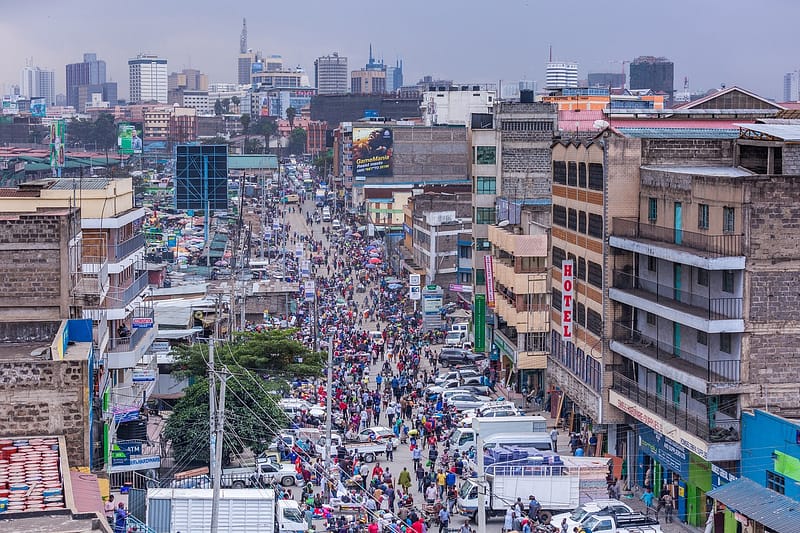Travelers visiting certain countries in Africa should be aware of an increase in diphtheria cases and ensure you are up-to-date on vaccination before travel.
What is the Current Situation?
The Centers for Disease Control (CDC) is advising travelers of active outbreaks of diphtheria in Nigeria, Niger, and Guinea. Because diphtheria is easily spread between people from tiny droplets when coughing and sneezing, the infection can multiply quickly in a population that is not well vaccinated.
What is Diphtheria
Diphtheria infection is from a bacteria called Corynebacterium diphtheriae which releases a toxin in the body that can make people very sick.
When the bacteria enters a person’s body, it kills healthy tissues and may lead to only minor symptoms like fiver, sore throat or swollen glands in the neck. Other times, the toxin leads to severe respiratory problems like difficulty breathing or swallowing. A diphtheria infection in the bloodstream can lead to kidney, heart, and nervous system problems. Without treatment, nearly half of those infected die and even with treatment, 1 in 10 succumb to the bacteria. In the United States, diphtheria infections are rare due to robust vaccination efforts.


How Do I Protect Myself and Family from Diphtheria?
The single best prevention is vaccination with Td or Tdap immunization. Adults without documentation of vaccination in the last 5-10 years should receive a dose before departure. Children who have not received their full DTaP series should see their pediatrician before travel to be certain they are up-to-date as well.
Why is the diphtheria spreading right now?
A confluence of factors can lead to disease outbreaks such as spikes in cases of diphtheria, especially in low and medium income countries. Displaced populations resulting from political and civil lead to a disruption in normal vaccination efforts for vaccines like DTaP and Td/Tdap.
Additionally, the COVID-19 pandemic severely impacted vaccination outreach efforts worldwide resulting in millions of of children missing out on their routine vaccines like DTaP. When populations with low vaccination rates move to other regions or countries, vaccine-preventable diseases can follow resulting in outbreaks.